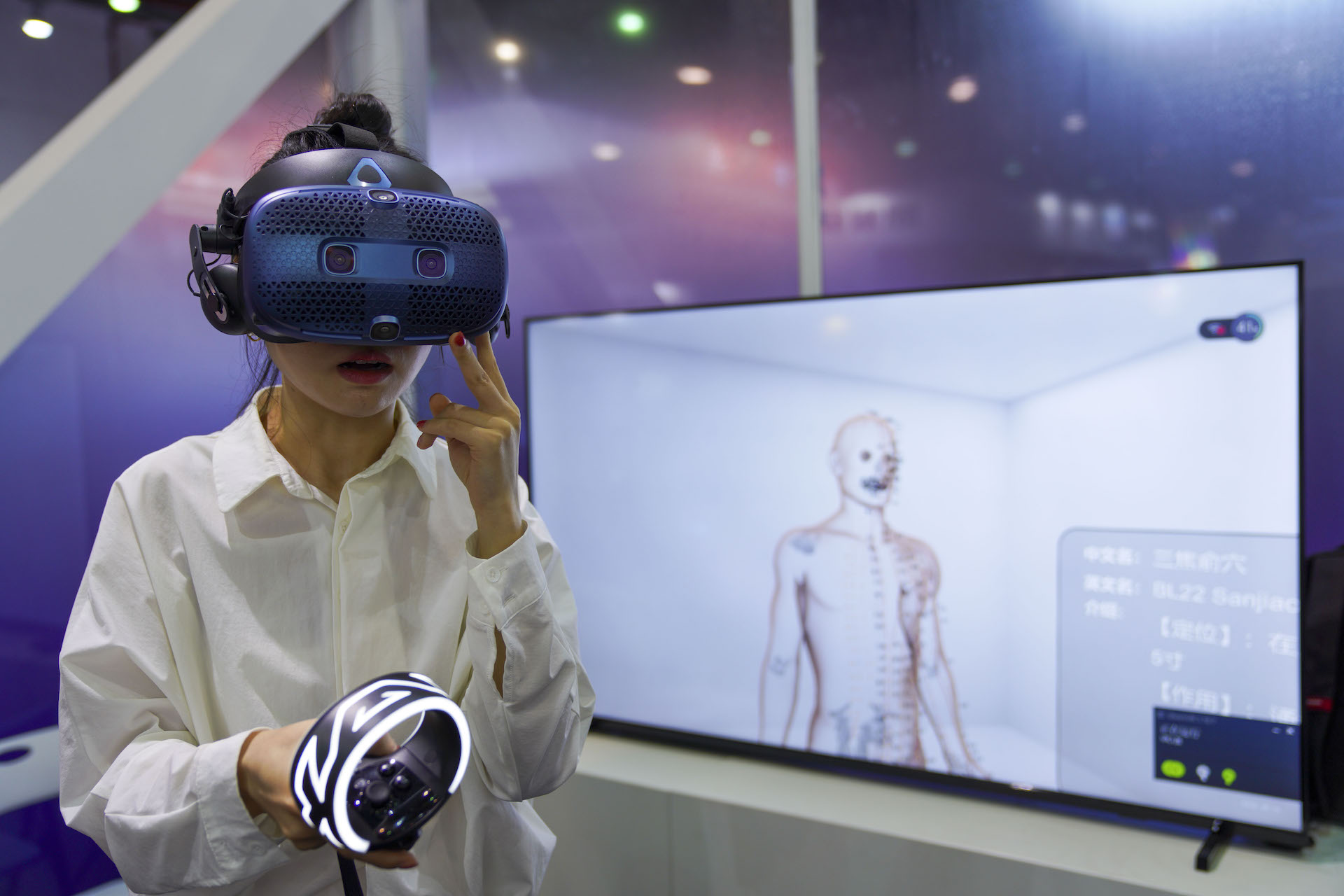A brief guide to promising metaverse startups in China
Local governments around China are incentivizing investment in the metaverse, and startups in the space are thriving.

Since last year, the concept of the metaverse, referring to a range of technologies integrating the real and virtual world, has been all over the business press in China. But in economic terms the metaverse industry and market are still at an early stage of development. The metaverse itself — and not merely the idea — may only become a reality in a few years, but early movers are already trying to get their feet in the door.
Some of these companies are China’s largest tech firms like Alibaba 阿里巴巴集团, Huawei 化为, and Xiaomi 小米企业 — see our guide to the top 10 metaverse companies in China published in February this year. But there are also a number of promising startups nipping at the established players’ heels:
GoerTek Inc. 歌尔股份 is a producer of components and finished products, notably VR, AR, and wearable hardware.
- Last night, GoerTek disclosed its semi-annual performance forecast: It expects to achieve net profits of up to 2.18 billion yuan ($332.73 million) in the first half of 2022, a year-on-year increase of up to 55%, based mainly on sales of the company’s VR headsets and smart game consoles.
- In the first quarter, GoerTek’s revenues were 20.11 billion yuan ($3.06 billion), a year-on-year increase of 43.37%, and net profits of 878 million yuan ($134 million), a year-on-year increase of 46.06%.
- GoerTek is very well placed for the metaverse surge: It is the domestic VR manufacturer with the earliest and most comprehensive industrial chain layout. In the domestic VR headsets market, GoerTek is up against other aspirants like iQiyi 爱奇艺 and ByteDance 字节跳动 subsidiary Pico.
Zhongji Innolight 中际旭创 makes high-end optical modules, and achieved revenue of 2.09 billion yuan ($318.99 million) in the first quarter, a year-on-year increase of 41.9%, and net profits of 220 million yuan (33.57 million), a year-on-year increase of 63.4%.
CVTE 广州视源电子科技股份有限公司 designs and produces LCD main control boards and interactive smart panels, and pulled in revenue of 4.18 billion yuan ($637.99 million) in the first quarter, a year-on-year increase of 17.24%, and net profits of 260 million yuan ($39.68 million), a year-on-year increase of 58.24%.
Zhongqu Technology 众趣科技, a VR digital twin cloud service provider, recently completed a B round of financing of 100 million yuan ($15.26 million).
China news, weekly.
Sign up for The China Project’s weekly newsletter, our free roundup of the most important China stories.
The metaverse is now not only a ubiquitous cultural phenomenon, it is also becoming part of the tech policies of local governments keen for their districts to stay ahead of the next big thing.
The central government is likely to see the metaverse as a technology to help promote the “real” economy, according to Nina Xiang, author of Parallel Metaverses: How the US, China and the Rest of the World Are Shaping Different Virtual Worlds: “Beijing will embrace the metaverse as long as it serves the country’s goals of economic development and social stability, while incorporating strict measures to curtail any potential harm such as fraud and ‘excessive capital expansion.’”
The metaverse in China will also, of course, be censored. But there is no question that the concept is enjoying support from provincial and city administrations. The latest example: Earlier this month, Guangzhou’s Huangpu District released a document with 10 measures for promoting innovation and development in the metaverse — the first official policy support for the metaverse in the Guangdong-Hong Kong-Macao Greater Bay Area. Various other cities have already issued policy support for the metaverse, including Xiamen, Shanghai, and Beijing; in addition, government documents have mentioned metaverse activities in Shandong, Zhejiang, Hainan, and Hebei provinces, among other places.
Some of the companies listed above may become leading players in the metaverse industry (and possibly global household names) in the next few years.






